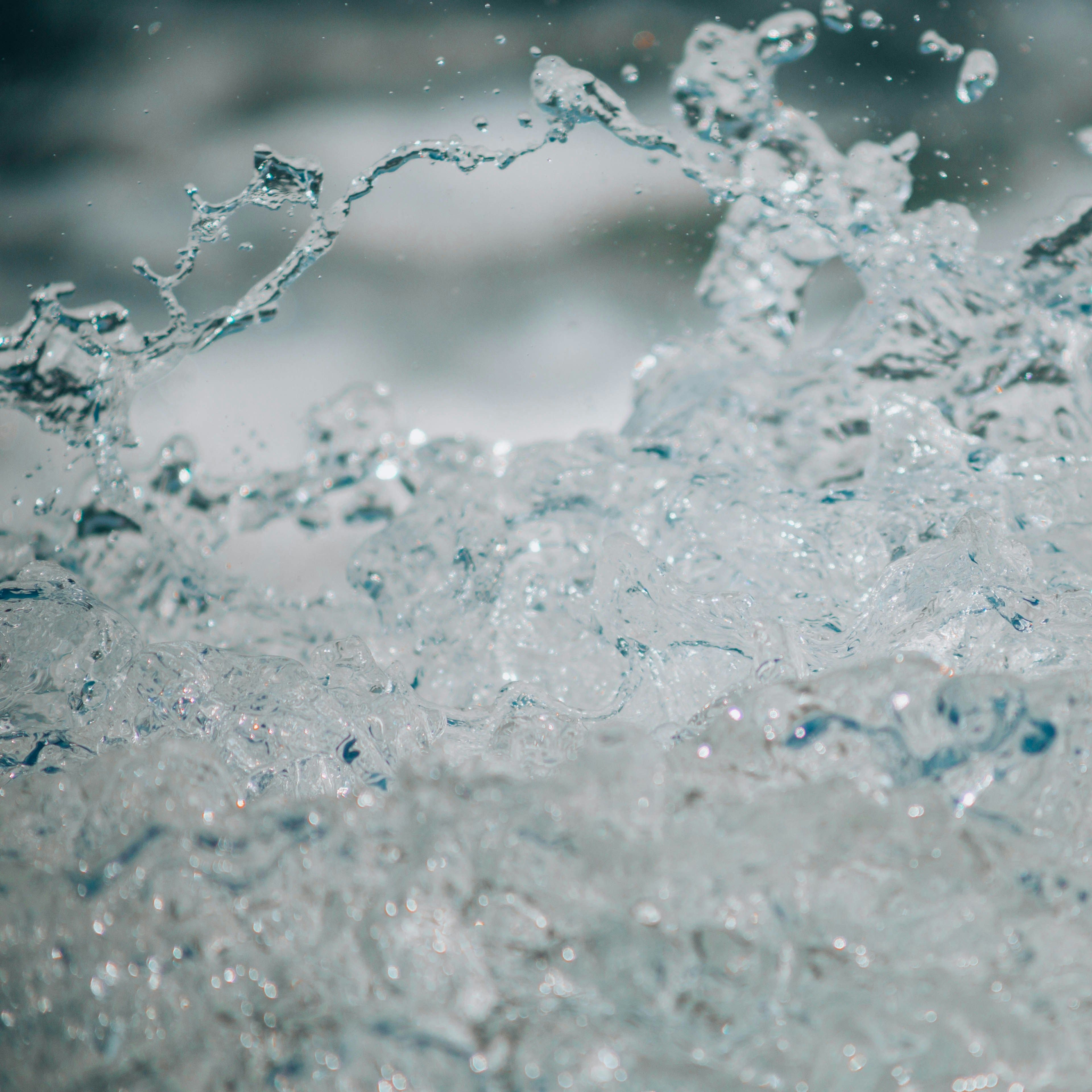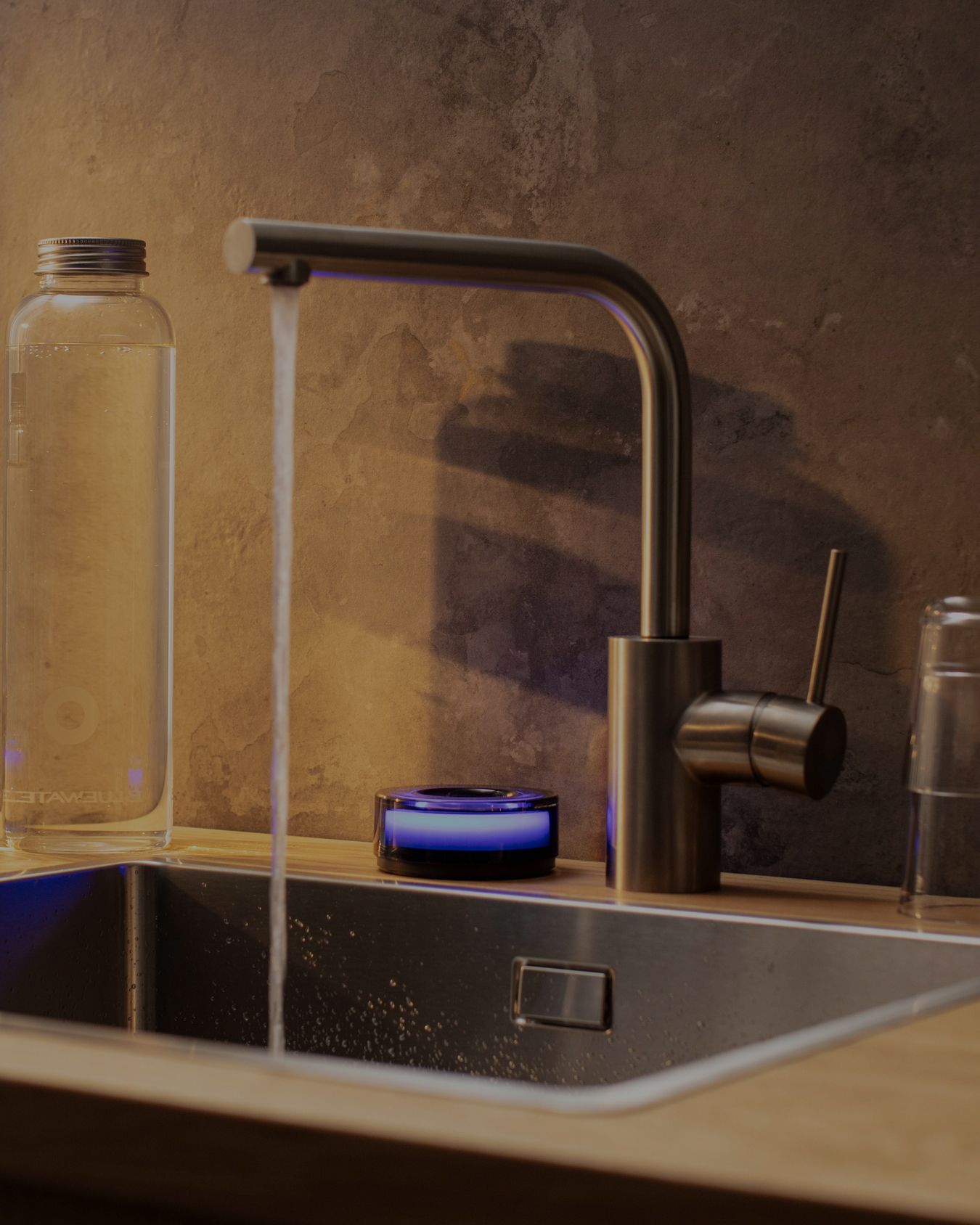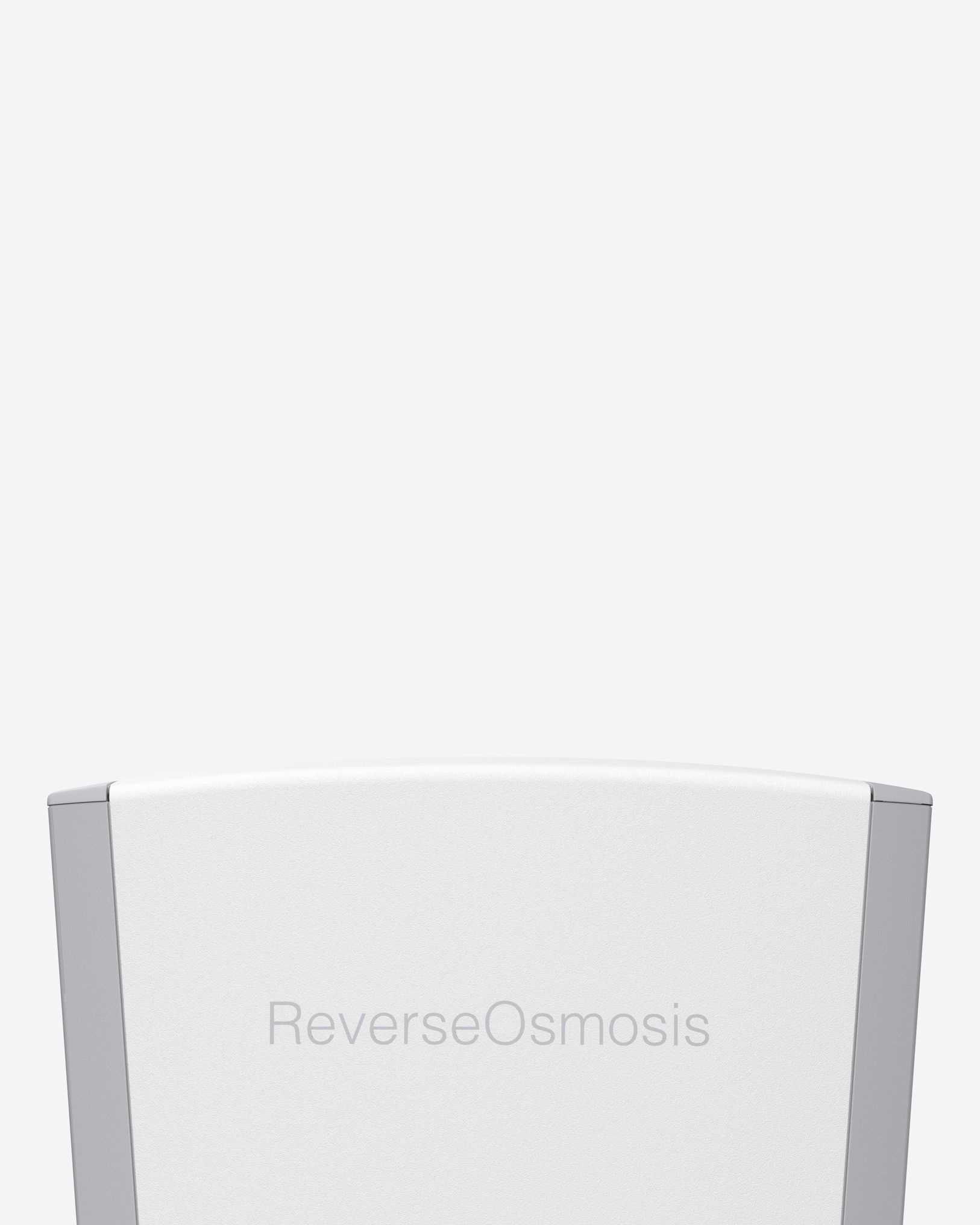Why Does Tap Water Smell Like Chlorine?
The smell of chlorine in tap water is a common issue that many people experience. This distinctive odor can be concerning, but it is usually a result of the water treatment process. Understanding why this happens and how it can be addressed is essential for ensuring safe and pleasant drinking water.

The Role of Chlorine in Water Treatment
Chlorine is widely used in water treatment facilities to disinfect water and eliminate harmful pathogens such as bacteria and viruses. This process is crucial for public health as it helps to prevent waterborne diseases. Chlorine is effective because it continues to disinfect water as it travels through pipes to your home, providing ongoing protection against contamination.
Why Chlorine Causes a Smell
The presence of chlorine in tap water can lead to a noticeable smell, particularly if the levels are higher than usual. This can happen for several reasons:
- Residual Chlorine: After disinfection, some chlorine remains in the water to ensure it stays clean as it moves through the distribution system. This residual chlorine can cause a strong smell.
- Chlorine Levels: Water treatment plants may increase chlorine levels periodically to address potential contamination, leading to a more pronounced odor.
- Chemical Reactions: Chlorine can react with organic matter in the water or in household pipes, resulting in compounds that have a strong, bleach-like smell.
Addressing Chlorine Smell in Tap Water
There are several ways to reduce or eliminate the chlorine smell in tap water:
- Let It Sit: Allowing tap water to sit uncovered for a few hours can help the chlorine dissipate naturally.
- Use a Water Filter: Installing a water filtration system can effectively remove chlorine and other contaminants, improving the taste and smell of tap water.
Kitchen Station 1™ Solution
Bluewater’s Kitchen Station 1™ provides an excellent solution for addressing chlorine and other contaminants in tap water. It transforms tap water into pure, mineralized water, offering numerous benefits:
- Purification: The Kitchen Station 1™ uses SuperiorOsmosis™ technology to remove up to 99.7% of contaminants, including chlorine, PFAS, and microplastics. This advanced filtration ensures that your water is free from unpleasant odors and harmful substances.
- Mineralization: After purification, the system adds essential minerals like calcium and magnesium back into the water. This not only enhances the taste but also provides health benefits, making the water more pleasant to drink.
- Convenience: The Kitchen Station 1™ is designed for easy installation and use. It fits under your sink and connects to your existing faucet, providing instant access to clean, mineralized water.
Health Benefits of Mineralized Water
Drinking mineralized water can offer numerous health benefits:
- Better Hydration: Minerals like calcium and magnesium improve the body's hydration levels.
- Improved Taste: Mineralized water has a more pleasant taste, encouraging higher water intake.
- Supports Vital Functions: The added minerals support various bodily functions, including bone health and cardiovascular health.
Conclusion
The chlorine smell in tap water, while common, can be off-putting. Understanding its role in water treatment helps explain why it occurs, but using effective solutions like Kitchen Station 1™ can significantly improve the quality of your drinking water. By investing in advanced filtration systems, you can enjoy safe, great-tasting, and odor-free water at home.
For more information about the Kitchen Station 1™ and other Bluewater products, visit our website or contact us at sales@bluewatergroup.com.


